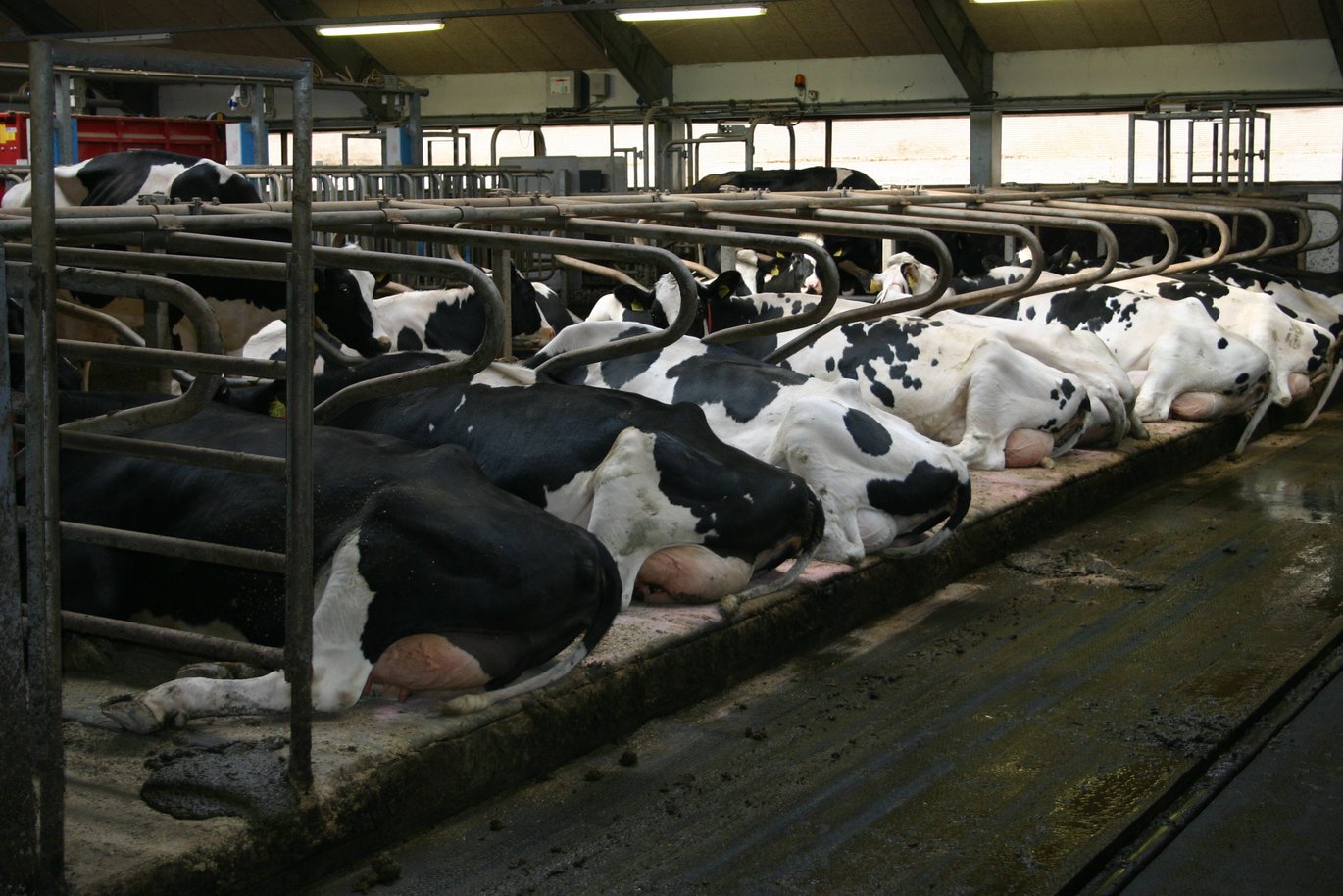EVOP: the new word in cattle herd management
No two dairy herds are the same. Identical actions on different herds may therefore produce different effects. As a method of optimising the production in individual herds a management system used in industry is going to be adapted to testing new developments in dairy herds.

What is sauce for the goose is sauce for the gander, so the saying goes. But this is not always so – not in farming, where one farmer may achieve a good effect of adding a little extra to the feed for the dairy herd, but another will not, despite feeds and additives being identical. This disparity is very common and reflects a variety of factors and interactions and does not always make it easy to decide on management strategies and other initiatives that have the best effect in individual herds. This issue is the focus of a project involving scientists from Aarhus University in collaboration with colleagues from the Nordic countries.
- Farmers and their advisors implement many management initiatives to improve the productivity, health and welfare in dairy herds, although the cause/effect associations often lack scientific evidence. A number of uncontrolled factors in the actual environment probably play an important role, says senior scientist Søren Østergaard from Aarhus University. He is the leader of the Danish part of a new joint Nordic project that will address this issue. The project includes scientists and other partners from Denmark, Sweden, Finland and Norway. The Danish part of the project will be receiving 2.075 million DKK from the Milk Levy Foundation in 2014.
EVOP is the way to go
The purpose of the project is to implement the concept of "evolutionary operation" (EVOP). EVOP is a technique for the systematic experimentation with and improvement of a production without actually interrupting it. Instead of keeping traditional control and treatment groups for a defined period of time where treatment differences are significant and may unduly interfere with the daily production, small changes are introduced in a continuous production process. The changes take into account the actual conditions and possibilities pertaining to the actual herd and provide valuable local knowledge about what the optimal level is.
- An EVOP management system will allow individual farmers to make management changes following scientific principles and achieve a more efficient production, explains Søren Østergaard.
EVOP has been used for many years in a variety of areas including aerospace technology, engineering, transportation networks, molecular biology and metallurgy. The task of the new project is to adapt EVOP to the real world of large dairy herds. The scientists will formulate some general concepts and develop specific models for feeding management, for the handling of herd partitioning into groups, for the use of automatic milking systems (AMS) and for the management of udder health.
The local truth
Among advisers in dairy farming they talk about "the local truth". The term reflects that the effect of identical management procedures can be expected to differ from one herd to another.
- By using EVOP methods we recognise the existence of the local truth and exploit the power of experimental trials to optimise the management under the actual conditions in the dairy herd, explains Søren Østergaard.
For example, a farmer who uses EVOP as a management tool in a large dairy herd could obtain information about how the cows in that particular herd respond to a reduction in the allocation of protein-rich concentrates and use this knowledge to optimise the feed ration. Since automatic recording is becoming widely used in large cattle herds, it is possible to compare management changes like high and low protein allocation at very little extra cost.
The decision support systems currently used are based on key figures, time series analyses, multifactorial analyses and simulations, each with their own strengths. But when it comes to discovering the impact of a given change in production method (e.g. the impact of shorter dry period) in a local situation, the existing systems lack a proper 'control group'. This is a key part to an EVOP system. EVOP is a tool that fills a gap in the existing systems rather than being an alternative to them.
The Danish part of the project is a collaboration between Aarhus University, University of Copenhagen, Knowledge Centre for Agriculture and AgroTech.
Further information: Senior scientist Søren Østergaard, Department of Animal Science, e-mail: soren.ostergaard@agrsci.dk, telephone: +45 8715 7961
